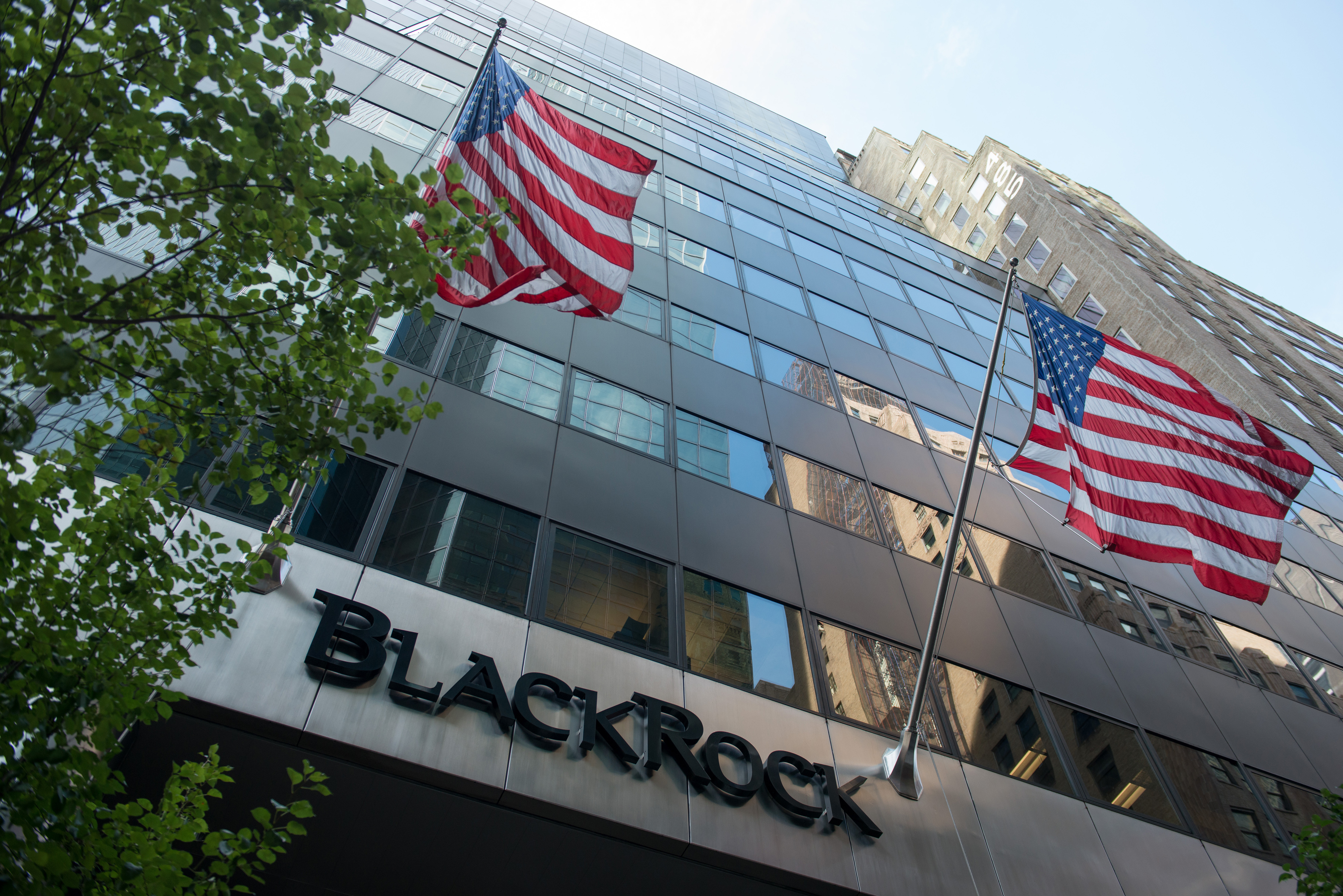Byju’s Valuation Marked Down to $11.5 Billion By Blackrock
US regulators have downsized the values of their holdings in Byju and Swiggy last year. This has been stated according to recent US filings. Blackrock has declined the value of its investment in Byju by nearly 50 percent. At the same time, Invesco has slashed its investments in Swiggy by 23 percent.

US regulators downsized the values of their holdings in Byju and Swiggy last year. This has been stated according to recent US filings. Blackrock has declined the value of its investment in Byju by nearly 50 percent. At the same time, Invesco has slashed its investments in Swiggy by 23 percent.
Blackrock dropped the per-share value of Byju to 2400 USD at the end of 2022. In addition, the value has declined significantly from 4600 USD in April Last year. Presently, the company’s valuation accounts for 11 billion USD.
Blackrock, the world’s most prominent asset manager, owns less than 1 percent of the shares in Byju. The latter is India’s most valuable privately owned startup and was offered a total valuation of 22 billion USD by the end of 2022. It has been considered the first markdown of the valuation of the company, which has been constantly under the scanner for delays in reporting its earnings. It includes the business practices like mis-selling its courses and the recognition of its revenues.

According to the filings by valid sources, Invesco has valued the shares of Swiggy to be 4759 USD per piece in October 2022, compared to 6212 USD per share in July 2022. The company’s valuation accounts for 8.2 billion as of now. In January 2022, Swiggy was valued at 10.7 billion USD after it closed the 700 million USD round of funding.
At the same time, the startup’s rival Zomato, which went public in 2021, was valued at 5.5 billion USD on Friday on the BSE after having a total market cap of 17 billion in November 2021.
Us Institutional investors and the mutual funds managed by them review their values at frequent intervals. The mutual funds have revised the valuations in Flipkart, Ola, Paytm, and others in the midst of the less harsh slowdown in the funding sector.
Byju and Swiggy have not replied to the queries about the decline in their companies’ valuation. Byju was looking to refinance a higher rate of its 1.2 billion USD term loan B. The development has been made, which is linked to the delays in publishing the company’s FY21 and 22 results. It has resulted in lenders recalling their loans.
The edtech company is gearing up for another fundraising round with convertible notes and has conducted meetings with the existing investors, sovereign funds, and pension funds to help with the refinancing. No valuation is given to a company when it raises funds with the help of convertible notes.
The participating investors receive a discount in the valuation when the company goes through another new equity funding round or in case there is a liquidity event like an Initial Public Offering.
Byju looks for alternate rounds of funding:
Byju has been undergoing massive storms. The company has been reducing costs to cope with the losses. Around 3500 employees have been slacked off in the two rounds of layoffs. The edtech industry reported losses of 4588 crores for the year in March 2021. The readjusted revenues from the operations account for Rs. 2289 crore, which has declined from 48 percent of the projected revenue of Rs. 4400 crores because of the unaudited results of the parent company of Byju’s, Think & Learn Private Limited.

Byju has even been in discussions with creditors on raising the interest rates on term loan B by at least 200 to 300 basis points. The negotiations made by Byjus for the TLB have been the most prominent discussion arranged by an Indian startup. The company, which is backed by investors including the General Atlantic and Prosus, has taken loans to finance the acquisition and expansion in the North American industry.
This has increased the ed-tech company’s pressure to improve its financials resulting in pulling back the company’s investments amidst the macroeconomic conditions.
Edtech companies have seen an increase in their operations during Covid-19 and suffered massively once the pandemic was lifted and schools and other educational institutions opened. This has caused the edtech funding to decline by 42 percent as of 2021.
Recently, another ed tech company named unacademy has slacked off 12 percent of its employees in response to slashing its cash burn rate. The founder and the chief executive of the company, Gaurav Munjal, has stated that the permanent salary of the workers will decline by 25 percent.
Swiggy’s decline in valuation has emerged as a challenge for Soft Bank’s based company. It has fired 380 employees this year because of the slowdown in its business.
Edited by Prakriti Arora






